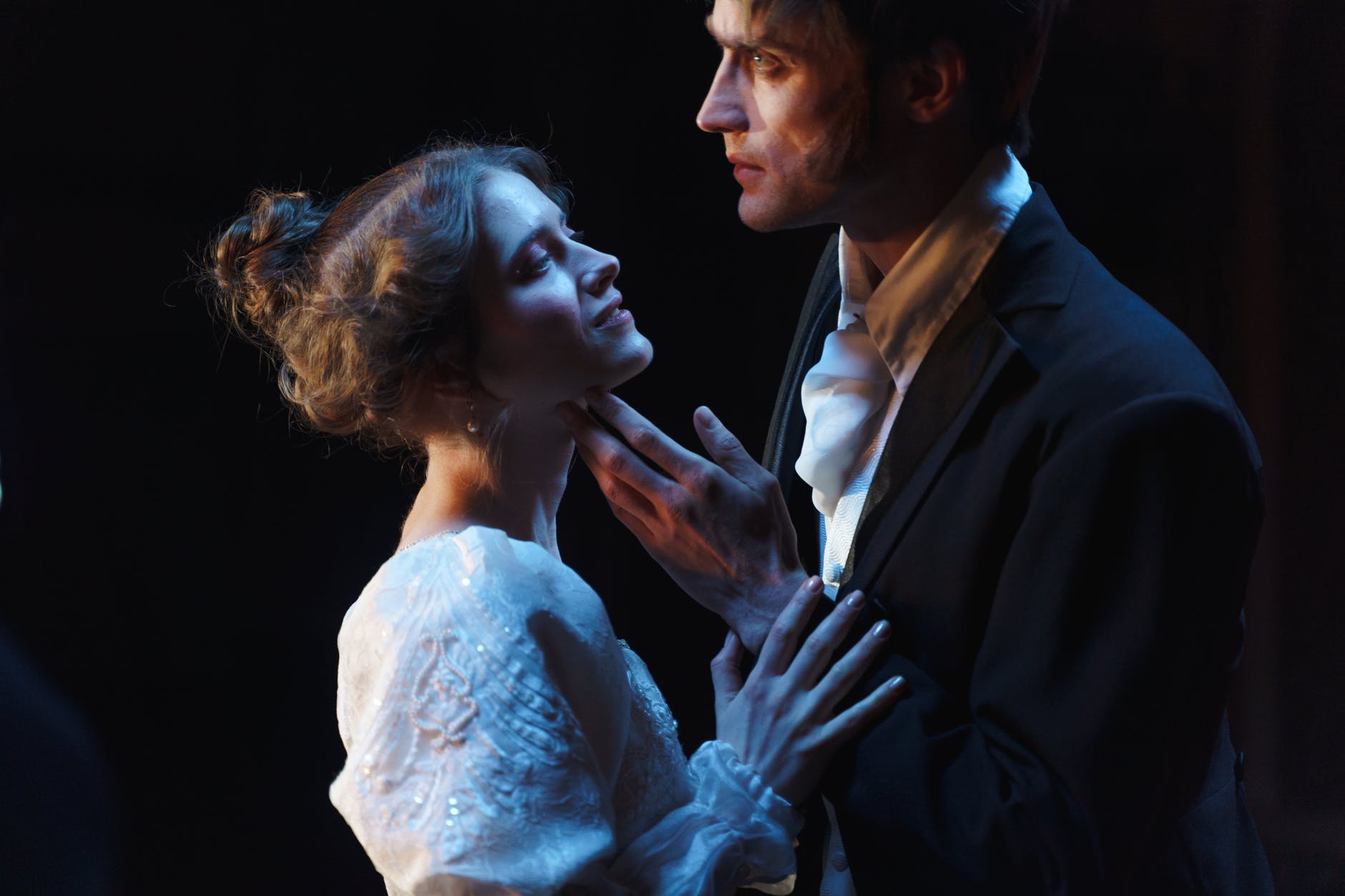Every Take Should Be Different, Every Performance Should Be Different
Always keep this rule in mind
(by Jim Webb)
 (Photo: Cottonbro | Pexels)
(Photo: Cottonbro | Pexels)
Here’s an easy way to know whether you are truly acting and not merely putting on a contrived performance.
It’s a simple axiom:
Every night must be different, every take must be different, every performance must be different!
It doesn’t necessarily have to be radically different; bearing no resemblance to the previous night or the previous take. The differences can be slight. But there should, nonetheless, be subtle adjustments that account for what is happening in the moment.
“If every night on stage is exactly the same then you’re not paying attention.”
(Bryan Cranston)
It’s easy to forget this simple but vital principle because of things like:
Comfort in the Familiar
Performing can sometimes be nerve-wracking and there is comfort to be found in the familiar. It’s comforting to perform as you rehearsed it, instead of having a genuine experience.
Force of Habit
Once you develop a habit of saying your lines a certain way or moving a certain way at various times during a scene, it’s difficult to break the habit, even when the moment demands it.
The Desire to Give a Perfect Performance
The pressure to give a commanding performance can cause you to, well, give a “performance”, where you do what you think looks and sounds good, rather than responding honestly from moment-to-moment.
Laziness
When you don’t have the time or motivation to discover something new about your character or the scene, it’s easy to simply do it the way you have always done it.
All of these can be contributing factors to mechanical, repetitive acting.
If you perform the same lines the same way each time, take-after-take or night-after-night, then you are not feeling. You are not experiencing. You are not acting. You are simply reciting words.
If you’re not paying close enough attention, you will find yourself performing the exact same performance each and every night, regardless of what the other actors are doing. But each and every night you perform must be different.
The same is true in film. Each and every take should be different. It shouldn’t be different merely for the sake of being different. It should be different because the stimuli you are responding to will always – always – be different.
As actor Bryan Cranston (Breaking Bad) put it, recently:
“If every night on stage is exactly the same then you’re not paying attention. You’re not listening. Because it cannot possibly be the same. It can be familiar and similar. But there might be subtle or nuanced changes from night to night. And that’s good. It keeps you alive. It keeps you awake.”
Always keep this rule in mind. Defaulting to what’s familiar or to what worked in the past might make for a comfortable performance. But that’s the problem.
You Might Also Like:
Christian Bale: “Don’t be a one-trick pony.”



